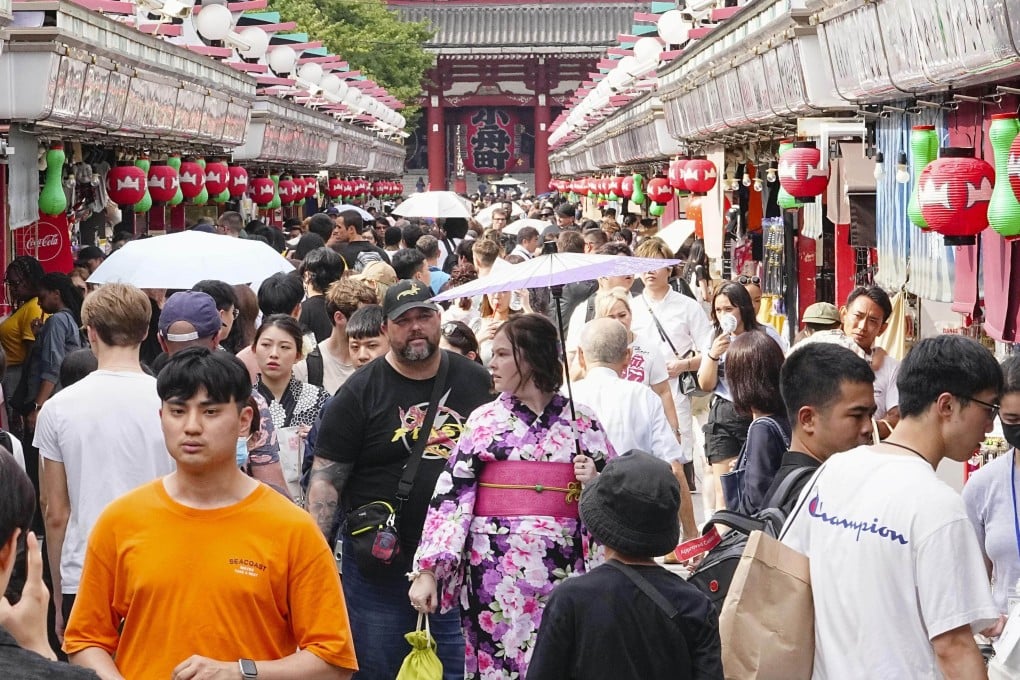
Viral! Chinese Tourist Accused of Stealing Electricity in Japan
Light House Denver – A Chinese tourist accused of stealing electricity by using public outlets has sparked a heated debate on social media in Japan. This incident has sparked intense discussions among netizens from both Japan and China. It also highlights ongoing issues related to Japan’s infrastructure for tourists.
A Japanese influencer, Hezuruy, with over 400,000 followers on social media, triggered controversy after posting a photo of a Chinese tourist charging their phone at a public outlet. In his post on April 25, Hezuruy wrote, “Warning: Stealing electricity is a criminal act. Many Chinese tourists remove covers or tape to charge their devices.”
“Continue Reading: Gender Inequality in Indonesia Continues to Shrink”
Hezuruy further claimed that some tourists were using outlets in disabled toilets for extended periods, disrupting other users, especially elderly people with young children. He added, “If you can’t follow the rules, just go back to your home country.”
Hezuruy’s post quickly gained significant attention on Japanese social media, garnering over 8.4 million views and 61,000 likes. Some Japanese netizens supported the criticism, believing that tourists should respect local rules. They emphasized this, especially when there are clear warnings or coverings on outlets.
However, many others felt that Hezuruy’s statement was harsh and discriminatory, targeting Chinese citizens specifically. “The language is rude and attacks a certain nationality,” one commenter wrote. Meanwhile, Chinese netizens responded with sarcasm, saying, “Feel free to come to China, where you can charge your phone for free anywhere.”
In Japan, using public electrical outlets without permission can result in criminal penalties. In 2010, a man in Osaka was sentenced to one year in prison. He was convicted for using less than 1 yen’s worth of electricity from a shared outlet in his apartment building. This case shows how strict Japan is in enforcing rules regarding public facilities.
However, the incident also raised questions about Japan’s lack of tourist-friendly infrastructure. Many netizens have questioned why Japan, known for its top-notch service, has not provided more free charging facilities for foreign travelers. This issue has sparked debates, especially since Japan is often considered one of the best countries in terms of service for international visitors.
The case highlights the tension between adhering to local rules and the need for facilities for tourists. Additionally, cultural differences between Japan and the tourists’ home countries have further exacerbated the situation.
“Read More: 7 Ways to Build a Strong Bond Between Parents and Children”